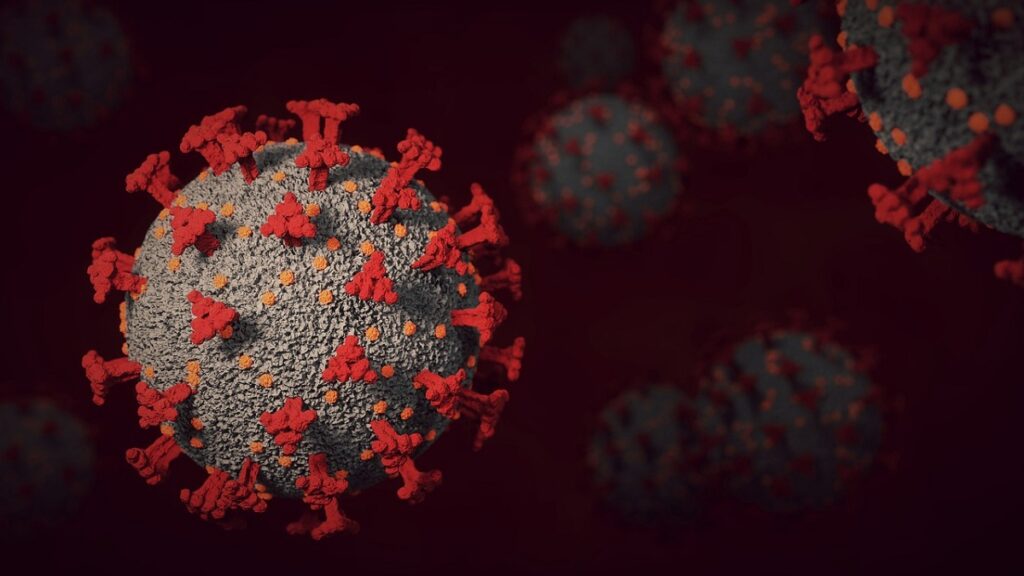The antiviral drug Molnupiravir was added to the World Health Organization (WHO) guidelines on COVID 19 therapeutics, the WHO announced last week.
The WHO said this is the first oral antiviral medicine included in their living guideline, which is a constantly updated guidance on how to treat COVID 19.
Because Molnupiravir is a relatively new medicine, and there is a lack of data regarding its safety, the WHO said, this treatment should only be used by people who have a high risk of being hospitalized but have not manifested severe COVID 19 symptoms. These people include:
- those who have not yet received the COVID 19 vaccine;
- older people;
- people with immunodeficiencies;
- and people who are living with a chronic disease.
But certain other categories of people, including children and pregnant or breastfeeding women, should not be taking Molnupiravir to treat COVID 19, the WHO advised.
Molnupiravir can prevent hospitalization
The WHO also noted that, if Molnupiravir is used early, shortly after a person has been exposed to the virus, it can help mitigate severe symptoms, and hospitalization can be avoided.
The WHO said its decision is based on six trials of Molnupiravir that involved 4,796 patients. The organization said it is making efforts to increase the availability of this drug.
“Molnupiravir is not widely available but steps have been taken towards increasing access, including the signing of a voluntary licensing agreement. The Access to COVID-19 Tools Accelerator (ACT-A) is making a limited supply available to countries with access constraints,” the WHO said.
In another change brought in with this latest living guideline, the WHO is recommending that the antibody cocktail casirivimab-imdevimab, which it has already recommended, should not be used in cases of Omicron. “Based on evidence that this combination of drugs is ineffective against the Omicron variant of concern, WHO now recommends that it is only given when the infection is caused by another variant,” the WHO said.




